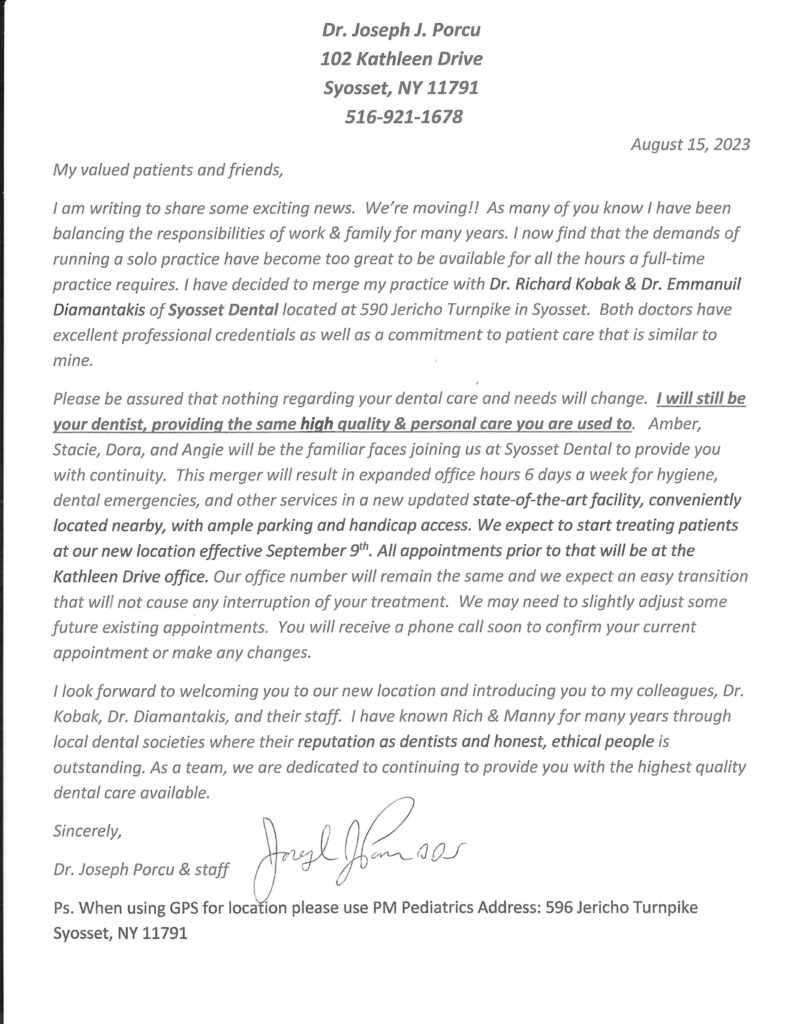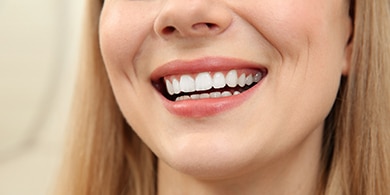 When you bite and chew your food, speak, smile, or laugh, the joints that control your jaw’s movement should operate smoothly. Known as temporomandibular joints, or TMJs, they’re meant to move together, at the same time and to the same degree, every time your bite moves. If you experience a popping or clicking sensation in your jaws when you open and/or close them a certain way, then it could indicate that your TMJs aren’t operating as smoothly as they’re meant to.
When you bite and chew your food, speak, smile, or laugh, the joints that control your jaw’s movement should operate smoothly. Known as temporomandibular joints, or TMJs, they’re meant to move together, at the same time and to the same degree, every time your bite moves. If you experience a popping or clicking sensation in your jaws when you open and/or close them a certain way, then it could indicate that your TMJs aren’t operating as smoothly as they’re meant to.
The joints (TMJs) that move your jaw
Your TMJs are among the most complex joints in your entire body. Each is a combination pivot and hinge joint, which allows your jaw to open, close, and move as needed. When an issue arises with the function of one or both of these joints, then it could impact your oral health and bite function in several different ways. For example, if one of the joints becomes injured or damaged to some degree, or if the joint becomes inflamed or forced out of alignment, then it could negatively impact the way your TMJs operate. This condition is often referred to as TMJ disorder, and popping/clicking sensations in your jaw joints are among several other potential symptoms of it.
The source of the popping sensation
Depending on the severity of your TMJ disorder, the popping and clicking sensation may or may not be painful at the moment. Over time, however, it can become increasingly more uncomfortable, and the accompanying symptoms of the disorder (such as jaw pain and headaches) can also worsen. For many people, the most effective way to address a popping jaw is to seek treatment from their dentist. A comprehensive examination can uncover the source and extent of your jaw disorder, and help you find an appropriate treatment to alleviate the discomfort.
Stopping TMJ disorder from getting worse
The sooner you identify and treat a TMJ disorder, the more effectively you can alleviate its symptoms and avoid potentially worse symptoms. For many patients, the source of their TMJ disorder is a condition that places excessive stress on one or both of the joints. For example, if you experience chronic teeth-grinding, or bruxism, the constant pressure of grinding your teeth together can put an enormous amount of strain on both of your TMJs, increasing your risks of developing TMJ disorder. If you experience teeth-grinding, or other signs of a bite dysfunction, then you may benefit from treatment with a custom-designed oral appliance, which can be precisely designed to help improve your bite’s balance and function.
Find relief from a popping/clicking jaw
If your jaw pops or clicks when you open and close it, it could be an indication that you have a potentially serious TMJ disorder. To learn more, contact our office by calling Syosset Dental in Syosset, NY, today at 516-433-2211 or 516-921-1678.











